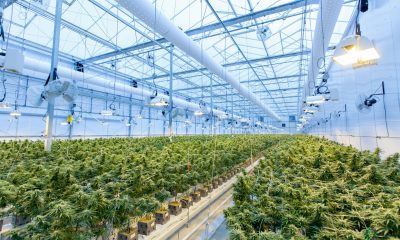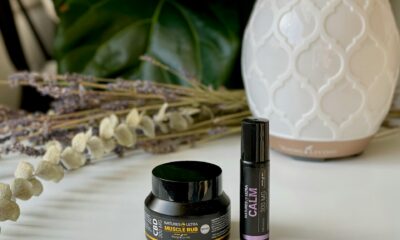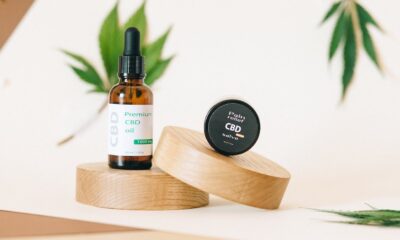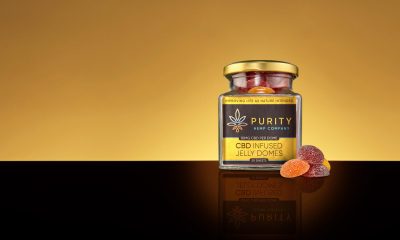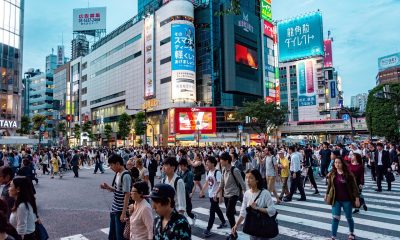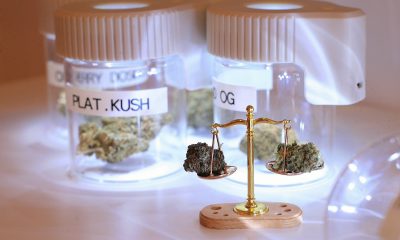Cannabis
How to Avoid Fake CBD Products: Increase in Fake CBD
The global market for healthcare products was valued at $17.38 billion in 2023, projected to reach $110 billion by 2034. The rise of “fake CBD” products, which may contain contaminants and lack actual CBD, poses risks to consumers. Popular CBD forms include gummies, edibles, oils, and tinctures. Experts recommend checking labels and independent lab tests to avoid fakes.
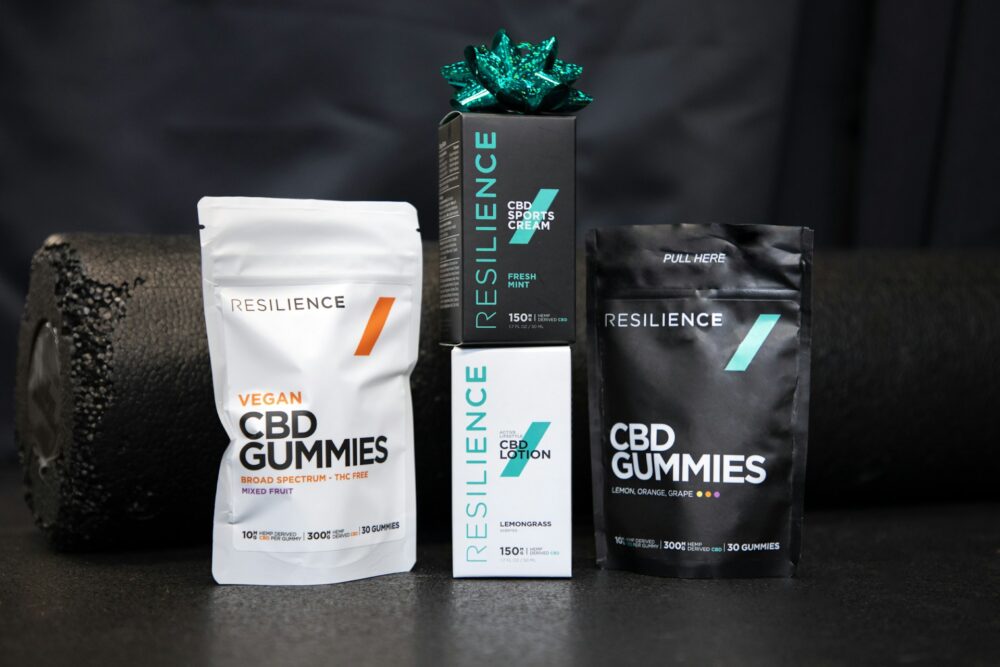
With the growing popularity of CBD or cannabidiol products (the main component of cannabis), concerns have arisen about the proliferation of fake or dubious quality products on the market.
The global market for such healthcare products was valued at $17.38 billion in 2023 and is projected to reach $110 billion by 2034, representing a compound annual growth of 18.25 percent, according to estimates from a study by ResearchAndMarkets.com.
The emergence of “fake CBD” poses risks for consumers seeking the benefits of this non-psychoactive compound derived from the cannabis plant, warn specialists at CBD.co, an online provider of such products.
“Consuming counterfeit or low-quality CBD products can lead to ineffective results, as these products may contain little to no actual CBD,” they say.
“In addition, they added, they may contain contaminants or additives that can cause adverse health effects.”
Most consumers purchase CBD products to reduce stress and relax, as well as to relieve pain, improve rest or have better sleep quality.
The way people consume these types of products is in the form of CBD gummies, which are the most popular, and other edibles such as baked goods and drinks.
CBD capsules, CBD oils and CBD tinctures are also in high demand among consumers, according to the Forbes Health survey.
A study published in PubMed Central argues that the use of cannabis, particularly in the food industry, is “a topic of much debate due to its psychoactive effects and the variability in cannabinoid content of individual plants.”
However, its use in industry has been valued for the nutritional value of hemp, as it contains proteins, amino acids, magnesium, zinc, among other nutrients.
How to recognize fake products?
Specialists from the aforementioned firm emphasize that one of the most obvious signs that a CBD product is fake is misleading labeling. Consumers can read labels from well-known brands that clearly display CBD content, batch number, and additional information printed on the packaging.
Dubious claims, such as exaggerated health benefits or unrealistic potency levels, should also be red flags, they stressed. They also noted that the lack of independent laboratory testing is a major indicator of a potentially counterfeit product.
Trusted CBD companies have their products tested by independent labs to verify potency, purity, and safety.
__
(Featured image by Resilience CBD via Unsplash)
DISCLAIMER: This article was written by a third party contributor and does not reflect the opinion of Born2Invest, its management, staff or its associates. Please review our disclaimer for more information.
This article may include forward-looking statements. These forward-looking statements generally are identified by the words “believe,” “project,” “estimate,” “become,” “plan,” “will,” and similar expressions. These forward-looking statements involve known and unknown risks as well as uncertainties, including those discussed in the following cautionary statements and elsewhere in this article and on this site. Although the Company may believe that its expectations are based on reasonable assumptions, the actual results that the Company may achieve may differ materially from any forward-looking statements, which reflect the opinions of the management of the Company only as of the date hereof. Additionally, please make sure to read these important disclosures.
First published in the FOOD TECH. A third-party contributor translated and adapted the articles from the originals. In case of discrepancy, the originals will prevail.
Although we made reasonable efforts to provide accurate translations, some parts may be incorrect. Born2Invest assumes no responsibility for errors, omissions or ambiguities in the translations provided on this website. Any person or entity relying on translated content does so at their own risk. Born2Invest is not responsible for losses caused by such reliance on the accuracy or reliability of translated information. If you wish to report an error or inaccuracy in the translation, we encourage you to contact us.

-

 Fintech2 weeks ago
Fintech2 weeks agoFintech Alliances and AI Expand Small-Business Lending Worldwide
-

 Crypto1 week ago
Crypto1 week agoBitcoin Steady Near $68K as ETF Outflows and Institutional Moves Shape Crypto Markets
-

 Fintech2 weeks ago
Fintech2 weeks agoDruo Doubles Processed Volume and Targets Global Expansion by 2026
-

 Business2 days ago
Business2 days agoDow Jones Stalls Near Record Highs as Inflation-Fueled Rally Awaits Next Move
